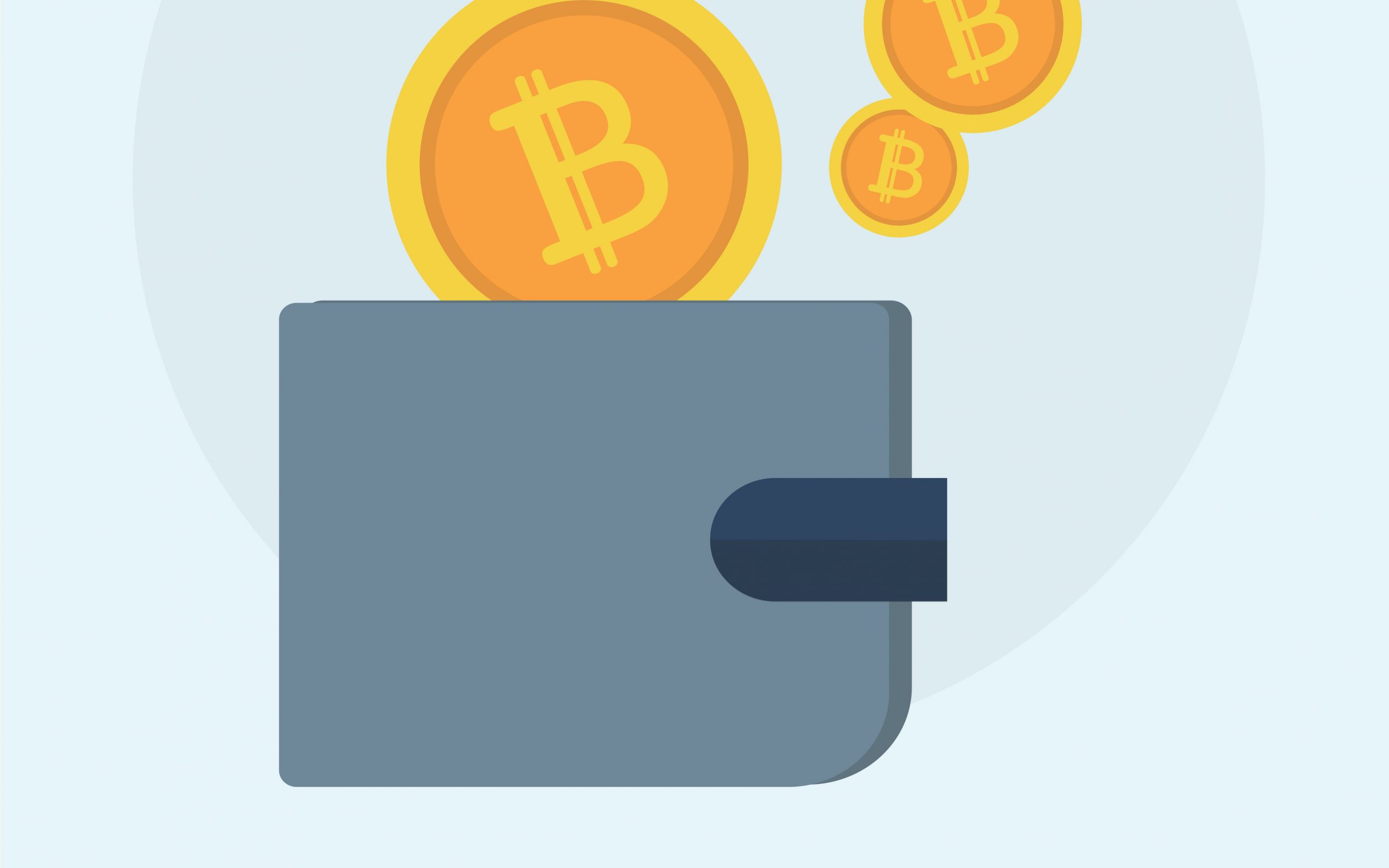Decentralized Finance is crypto’s big thing at the moment. Over $44.7 billion is locked up in different DeFi protocols. The growth is largely fueled by a multitude of non-custodial financial products, built around the idea of decentralization. These products offer rewards to encourage more users to try them. But, first, users must have DeFi wallets to connect with these DeFi applications.
Here’s a quick guide to help you understand the concept of DeFi wallets and the best ones that you can use.
Overview of DeFi Wallets
DeFi wallets are non-custodial, meaning users can store their cryptocurrencies without requiring an intermediary. It leaves you in control of your funds, so you are free to do as you please. Considering the notion that banks and exchanges control your money, DeFi wallets ertainly seem a revolutionary concept, wherein the only person in charge of your funds is you.
Furthermore, DeFi wallets don’t ask users to go through rigorous KYC/AML processes, thereby preserving the anonymity and privacy of all users. It doesn’t mean these wallets are not safe. DeFi wallets are arguably the best options to safeguard your crypto funds. However, since you are the only one in charge of your wallet, losing important login information can result in losing access to your funds.
The early-days DeFi wallets, like MyEtherWallet, were extremely difficult to use and had complex UI/UX design. However, lately many platforms have come up with better-decentralized solutions that offer intuitive design and are extremely easy to use for storing funds. We’ll explore them later in the section. First, let’s understand the core components of a DeFi wallet.
- Non-custodial: These wallets are non-custodial, meaning they allow users to be their own bank without needing an intermediary to store or facilitate transactions.
- Based on keys: Each DeFi wallet has a distinct keypair. A user must keep these keys private and secure because they’re the only way for you to access your account.
- Cross-chain compatibility: A DeFi wallet can access several decentralized finance platforms available on different blockchains. Irrespective of the coin you want to trade, DeFi wallets have the answer.
Best DeFi Wallets
Metamask
Metamask is a crypto wallet, which can be downloaded as an app on iOS/Android or can be used as a browser extension on Chrome, Firefox, and Safari. Earlier, users could trade only Ethereum-based tokens on the wallet, however recently the platform began supporting all networks, including BSC, Fusion, Ontology, and many more. Moreover, MetaMask offers an option to search for preferred exchange or protocol for trading.
Argent
Argent was the first DeFi wallet to offer “smart contract wallets”, which provided it with a competitive edge in the market due to its exceptional security and utility features. The app is available on both iOS and Android platforms to access all Ethereum-based tokens. Unfortunately, Argent doesn’t support other blockchains at the moment.
Coinbase Wallet
Coinbase offers one of the best user-friendly wallets that beginners can choose to dip their toes into DeFi. With this wallet, users can easily exchange, buy, and store digital assets and interact with other decentralized applications.
Trust Wallet
Completely decentralized, Trust Wallet is an app that allows users to manage their tokens easily – while in control of the private keys. The platform supports almost every token and blockchain. Trust Wallet also features a Web 3.0 browser to explore dApps seamlessly and securely.
Authuereum Wallet
Authuereum is an Ethereum-based wallet that allows users to trade cryptocurrencies efficiently. To use this wallet, users need to navigate to their website and signup with them. The platform doesn’t have an app or browser extension as yet.
Jul Wallet
The new entrant in the market, Jul Wallet is a MetaMask-inspired wallet for storing, selling, and buying cryptocurrencies. The platform integrates a wide range of networks including, Ethereum, BSC, BSC Test Net, Polygon(former Matic), TomoChain, Ropsten, and Avalanche. We can say, Jul Swap is an ideal solution to cover your transaction fees
Closing Thoughts
The success of DeFi largely depends on the asset management tools, which underpins this new piece of financial tool. The recent growth in DeFi wallets improves the accessibility of decentralized protocols for users with legacy banking functionalities and recovery tools. When the convolutions of decentralization and blockchain technology are abstracted, asset management tools like DeFi wallets play an important role in building an open financial system accessible to everyone.








